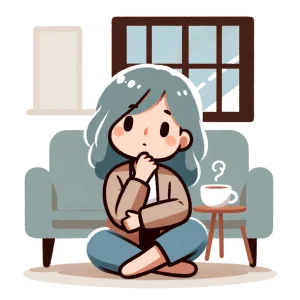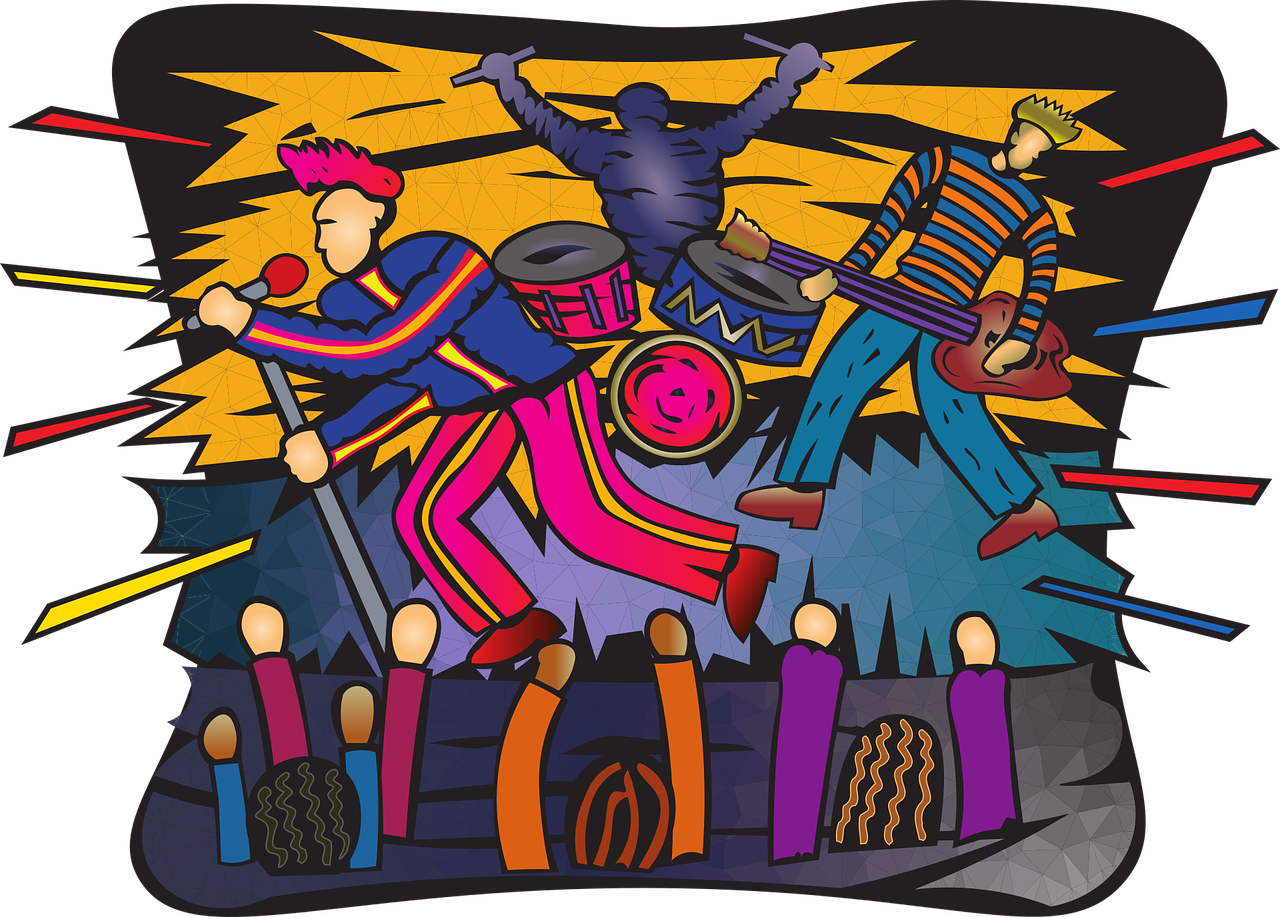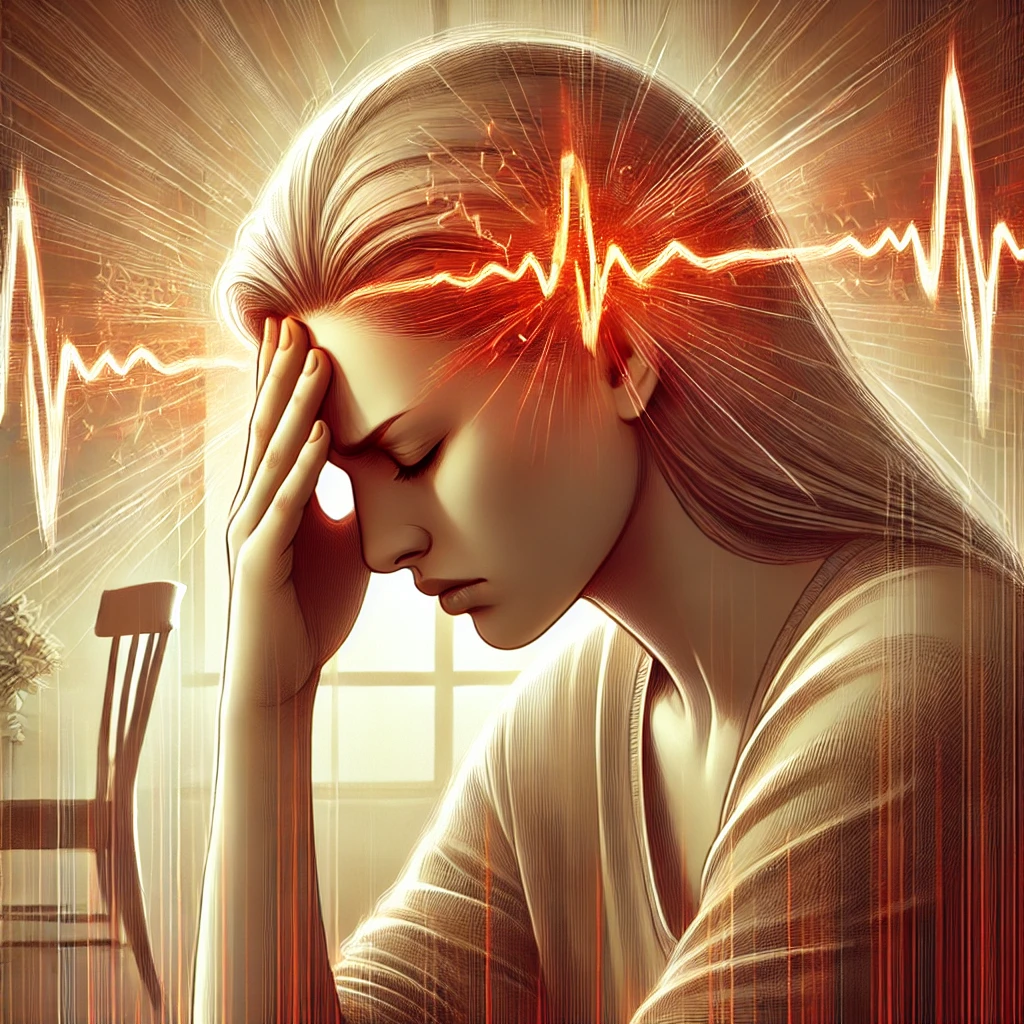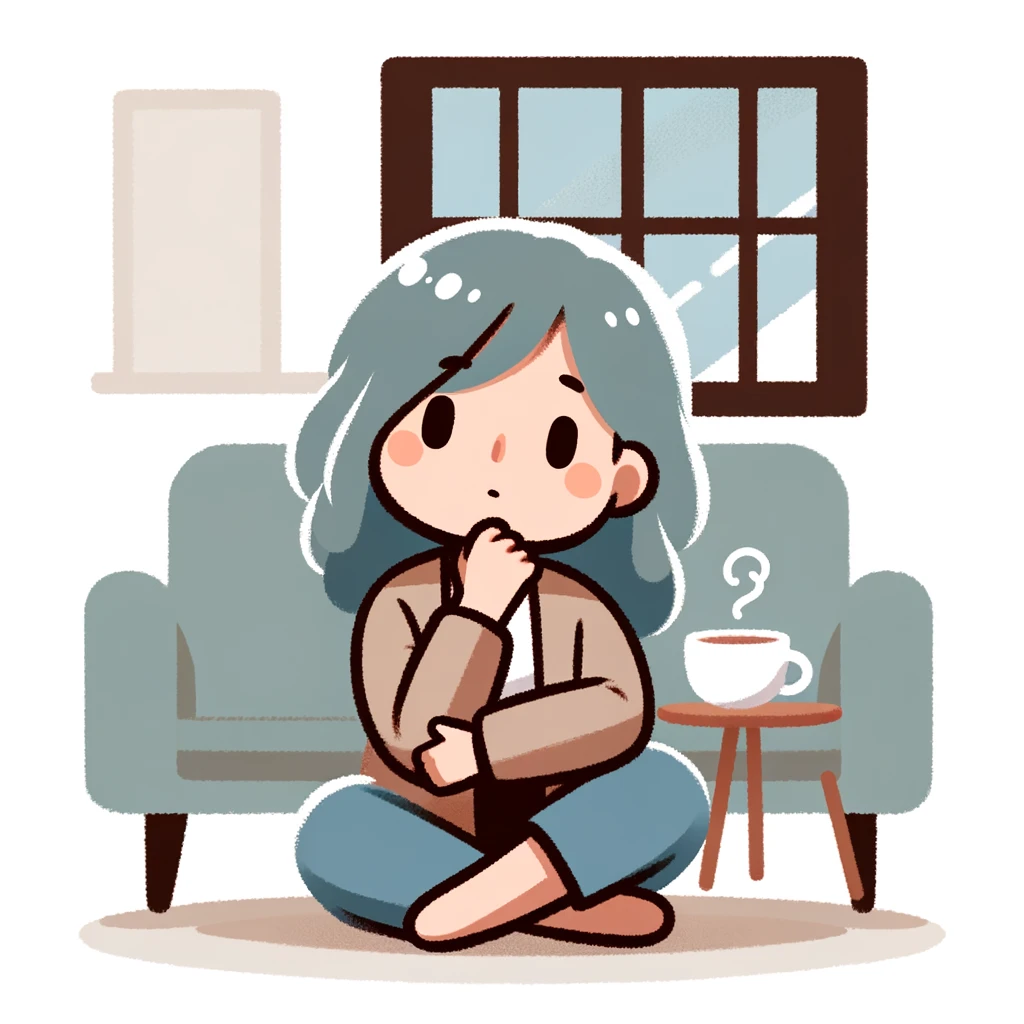
What is Energy Management for ADHD?
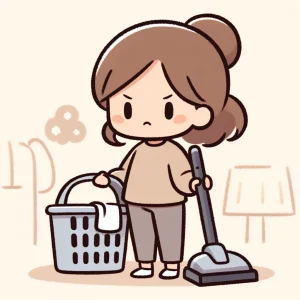
- 🌟 Understanding Energy Management for ADHD: Why You May Feel More Exhausted Than OthersEnergy management is essential for women with ADHD because everyday activities can drain your energy more quickly than they do for others. Challenges with emotional regulation, executive functioning, and masking ADHD symptoms can rapidly exhaust your mental and physical resources. When you also consider increased sensitivity to sensory input and struggles with interoception—the ability to sense internal cues like hunger and fatigue—it becomes clear why some tasks might feel particularly draining. Even basic self-care, like recognizing when to eat or rest, can become challenging.
Practicing energy management means learning to honor your physical, emotional, and mental limits, so you know when to push forward and when to pull back. Recognizing these limits is key to building routines that support your unique ADHD brain.
-
💪 Key Benefits of Energy Management for Women with ADHD
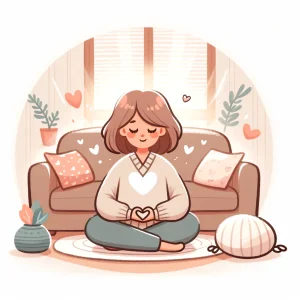
- Improved Focus and Productivity: When you align tasks with your natural energy levels, you can stay focused without risking burnout.
- Reduced Burnout: Setting boundaries and respecting your limits prevents the exhaustion that often results from pushing too hard.
- Enhanced Well-being: Prioritizing self-care and creating routines that honor your natural rhythms helps build a more positive relationship with yourself, boosting overall well-being.
🚀 How to Begin Energy Management: 3 Simple Steps
- Track Your Energy Levels
Start by observing your energy levels throughout the day. Use a journal or app to identify high-energy periods and times when you feel drained. Track these patterns alongside your menstrual cycle, as hormones like estrogen can influence energy and focus. Recognizing these patterns will help you make better choices about how to plan your day. - Prioritize Tasks Based on Energy
Once you understand your energy patterns, structure your day to match them. Schedule high-energy tasks for times when you feel most alert and reserve low-energy tasks for when you’re more fatigued. This way, you’re working with your natural rhythms instead of against them. - Incorporate Rest and Recovery
Regular breaks and downtime are essential. This isn’t about laziness—it’s about preserving your energy. Try practices like mindfulness, gentle movement, or even short naps. Self-care isn’t a luxury; it’s a necessity for sustainable energy.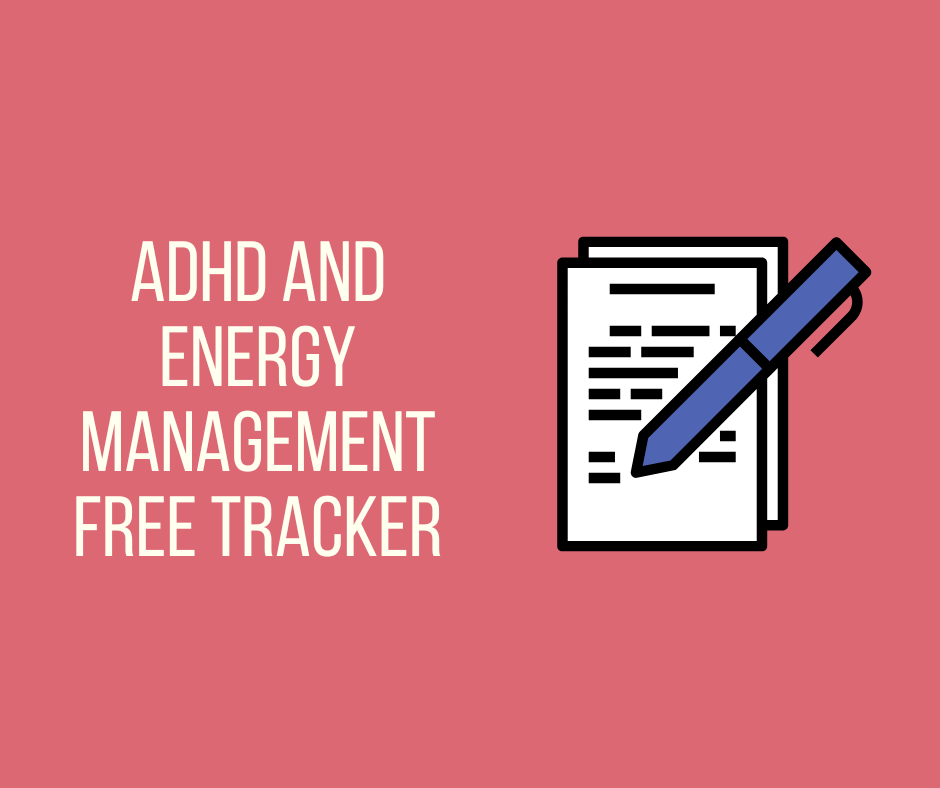
-
Get a FREE ENERGY MANAGEMENT TRACKER FOR ADHD women by clicking here Energy Management Tracker for ADHD Women
🌸 Special Tips for Managing Energy During Your Period
Energy can dip noticeably during certain phases of the menstrual cycle, especially just before and during your period. Here’s how to manage these vulnerable times:
- Practice Extra Kindness: Understand that it’s natural to feel more tired or less focused, so avoid overloading yourself with demanding tasks.
- Adjust Your Schedule: If possible, plan lighter tasks or add extra breaks during low-energy days. Allow yourself to rest more during these times.
- Stay Hydrated and Nourished: Proper hydration and balanced nutrition can ease energy dips that come with hormonal changes.
💖 Embracing Energy Management as Self-Care and Self-Compassion
Learning to manage your energy is a powerful act of self-compassion. Many people with ADHD may not have been encouraged to prioritize their own needs and often feel pressure to push past their limits. By making energy management part of your self-care, you’re allowing yourself to unmask and recognize your real needs, showing respect for the way your unique brain works.
When you intentionally approach energy management, you’re not only caring for yourself but also setting a positive example for others. This approach supports your strengths and needs, helping you lead a more balanced and fulfilling life.
🌈 Final Thoughts
Energy management is a game-changer for women with ADHD. It helps you live more intentionally, respecting your body’s natural rhythms and enhancing your overall well-being. Start by tracking your energy, prioritizing tasks, and building in regular rest. Remember, taking care of yourself is the most important task of all.
Ready to dive deeper into understanding your energy cycles? Check out our complete guide on managing energy fluctuations and creating a sustainable, ADHD-friendly energy plan.
-
